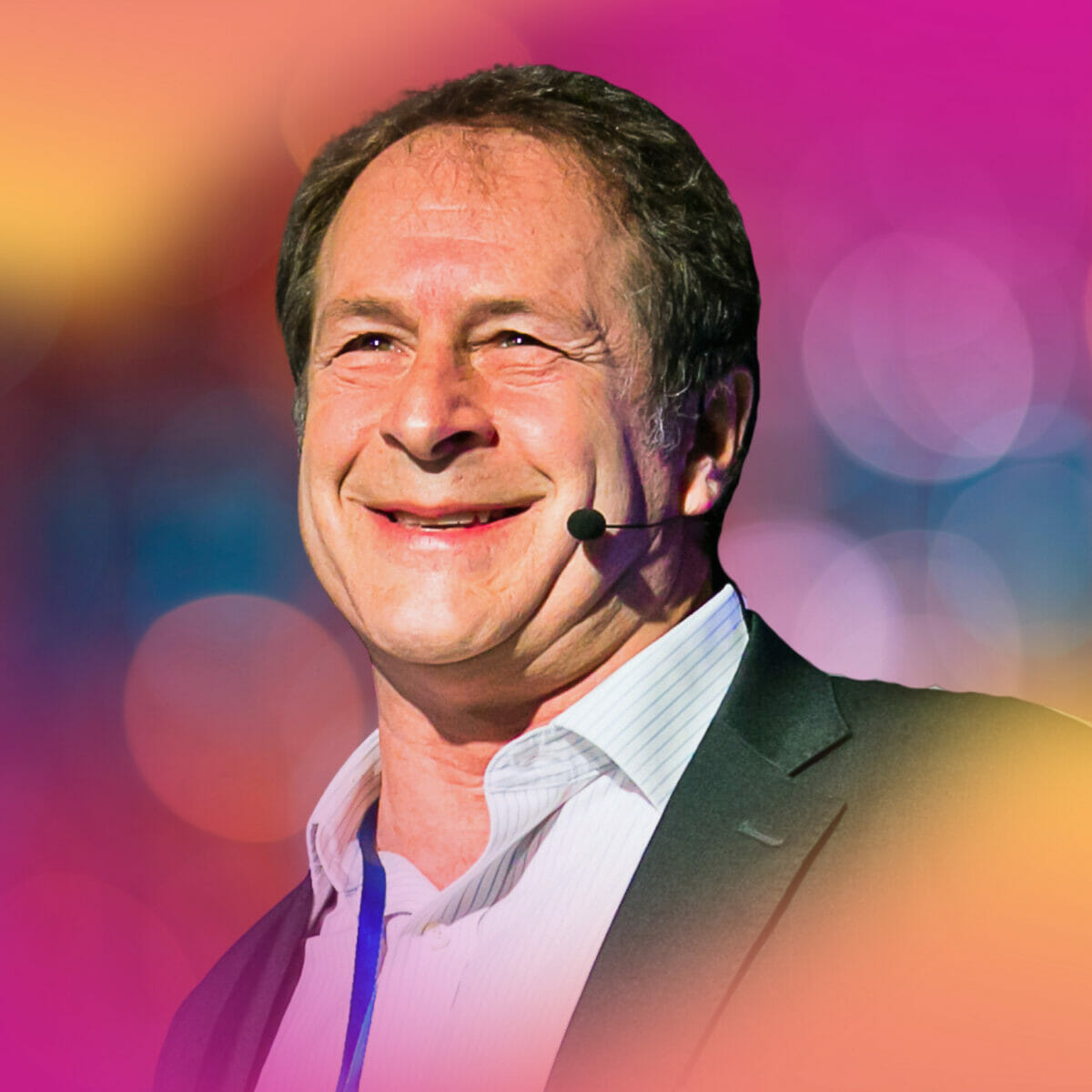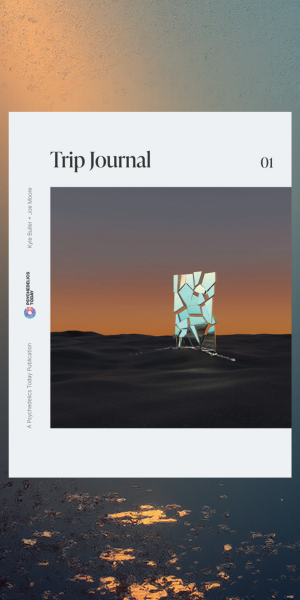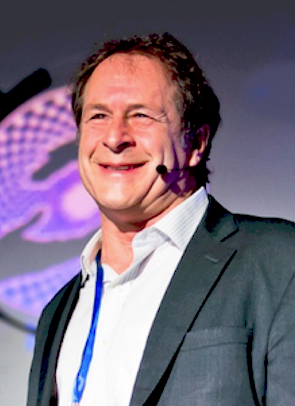
Research
PT428 – The Promise of MAPS’ Phase III Data, Psychedelics and Adolescents, and the Need for Honest Drug Education
August 1, 2023
Featuring: Rick Doblin, Ph.D.
In this episode, recorded on the eve of MAPS’ Psychedelic Science 2023, Kyle interviews MAPS’ Founder and President, Rick Doblin, Ph.D.

In this episode, recorded on the eve of MAPS’ Psychedelic Science 2023, Kyle interviews MAPS’ Founder and President, Rick Doblin, Ph.D.
He begins with an overview of the fast-approaching (and largest ever) psychedelics conference, emphasizing its significant growth, many features, and bipartisan opening ceremony, then discusses MAPS’ soon-to-be-released confirmatory Phase III data on MDMA-assisted therapy for PTSD, which should set the stage for legal MDMA and the increasing need for trained psychedelic therapists.
As the FDA is requiring studies on adolescents, he discusses this sensitive issue and questions why it’s so controversial, since teenage years are often closer to both trauma and a more malleable brain, Indigenous traditions certainly didn’t have age limits, and honest drug education – something that is absolutely necessary to fight the backlash against this quickly growing field – teaches us that it’s not the substance; it’s our relationship to it. Could not having these rites of passage be hurting us?
He also discusses the natural vs. synthetic conflict; breathwork; whether or not cannabis is truly damaging to young minds; Federal rescheduling vs. state rescheduling; why it’s controversial to give therapists MDMA in training; Gul Dolen’s work with reopening critical periods; psychedelics in couples therapy; and much more.
Notable Quotes
“We have been just astonished at the fact that we now have 11,500 people registered for this conference, and we, in our wildest dreams, thought maybe we’d get up to 10,000. But even that was just like a wild dream. The largest psychedelic conference that’s ever happened was our Psychedelic Science in 2017. …Now we’re almost four times as big. It’s a whole different cultural moment, and what I didn’t fully anticipate is how this conference would be like a magnet for the entire community.”
“I think the proper training of psychedelic therapists is different than the proper training of psychiatrists to administer any kind of pharmacological drugs, because for psychiatry; when they give SSRIs or they give other kinds of medications or they give electroconvulsive therapy or whatever: those are meant to be the treatments. In our case, the treatment is really the human relationship – the therapy – and then the psychedelics make the therapy more effective. And so it makes the most sense for people that are interested in doing psychedelic therapy, for them to have the experience of the psychedelics themselves. As we start to scale, there’s a lot of experienced trauma therapists, but they might not be experienced psychonauts, and it’s hard to describe what a drug does.”
“When you think about these rites of passage, that when you’re an adolescent or early in college, those are the ripe times for people to sort of explore: who are they? Where do they fit into the larger world? I think in many Indigenous cultures, that’s the time of initiation for a lot of people, so I think we have hurt ourselves tremendously. Now, you hear this always about marijuana: ‘kids [have] developing brains and they shouldn’t ever try marijuana.’ And I think the thing is that overuse is a problem. Daily use before you go to school: all that is a problem. It makes it difficult to learn, things like that. But we tend to make sweeping statements like ‘never use.’”
Links
Maps.org: MAPS Receives $5 Million Grant from the Steven & Alexandra Cohen Foundation


